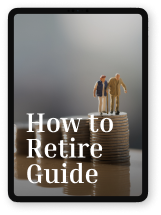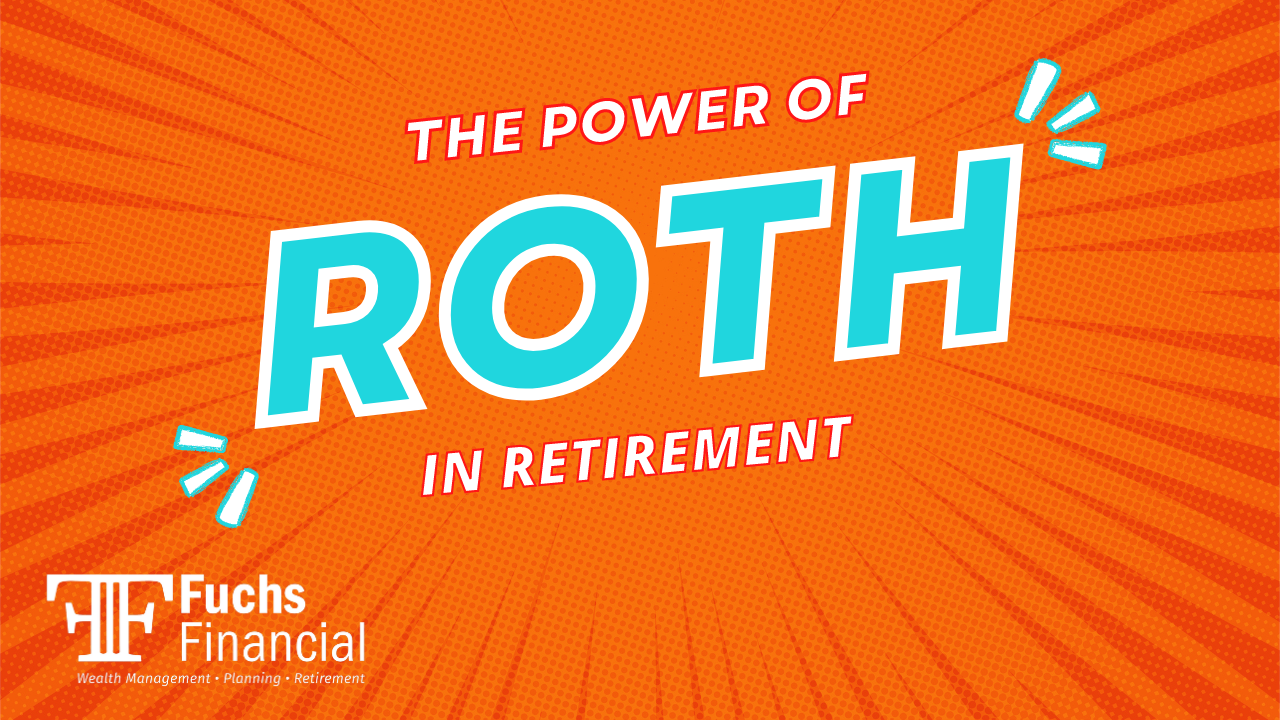Retirees face multiple income traps, and many retired taxpayers will see a portion of their Social Security income make its way onto the taxable income line of their 1040s.

Those who convert their traditional IRAs to Roth IRAs are especially susceptible to this situation. If you happen to exceed the funding limit, the extra income pushes you beyond the income threshold level requiring you to pay tax on Social Security income that you thought was tax-free.
Additionally, a shift in marital status can place you in a higher tax bracket, even because of the death of a spouse.
Lower- and middle-income retirees get hit by the so-called tax torpedo, as rising income causes their Social Security benefits to be taxed.
After a one-year hiatus, RMDs will be back when filing 2021 taxes, increasing your income. Thus, it would pay to start thinking about avoiding future RMD-induced tax triggers now.
Options for Lowering Your Social Security Taxes

- Seniors can take steps to avoid or minimize tax traps. These include delaying spending from one year to the next and judiciously tapping after-tax accounts to lower taxable income.
- Another option would be taking RMDs as a qualified charitable distribution if you don’t need the income. That way, it won’t trigger higher taxes or higher future Medicare premiums.
- Retirees in their 60s often pay little or no taxes before they begin taking Social Security. Many are living off after-tax savings, Roth IRA accounts, or inherited money. The standard advice is to spend this money before tapping tax-deferred accounts. Then, take advantage of their low tax bracket to convert money in tax-deferred accounts to Roth IRAs.
- Generally, annuities become taxable income when they’re taken as distributions depending on the account type. Virtually any investor who isn’t spending all the interest paid from a CD or other taxable instrument can benefit from moving at least a portion of his or her assets into a tax-deferred investment or account.
- Another possible remedy could be to simply work a little less, especially if you’re at or near the threshold of having your benefits taxed.
Conclusion
There are many rules concerning the taxation of income during retirement, and it’s crucial to know your situation to find ways to minimize the impact. As financial professionals, we can help you plan now to protect the retirement nest egg you have worked so hard to build. Call us today and let’s find some options that will work for you.















